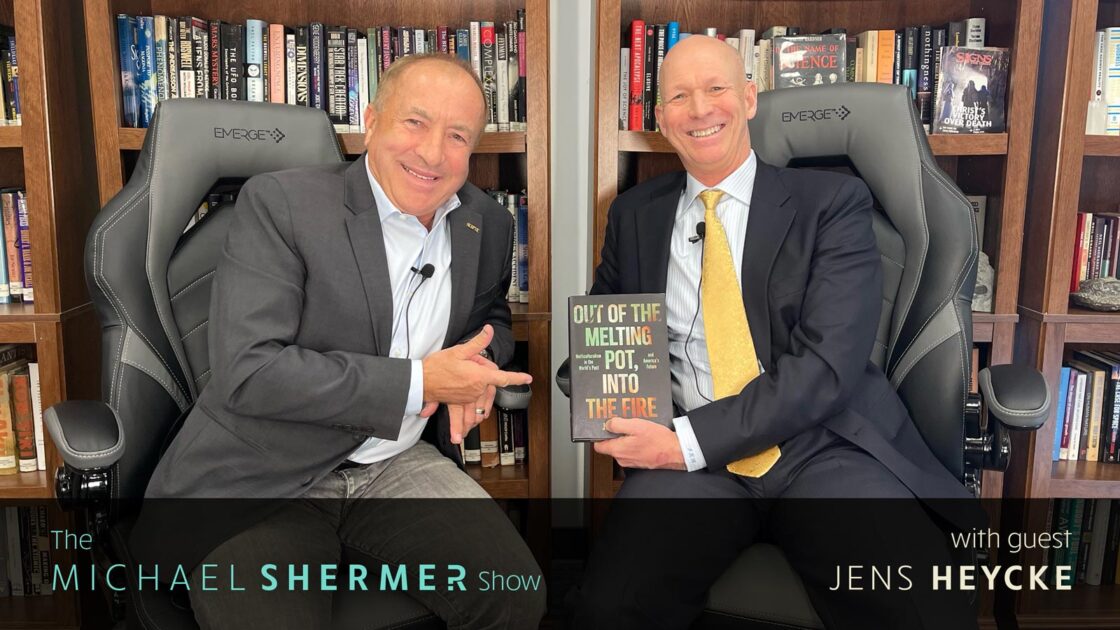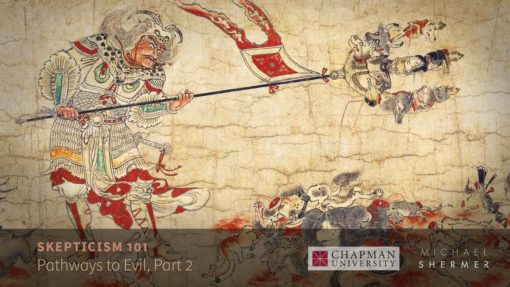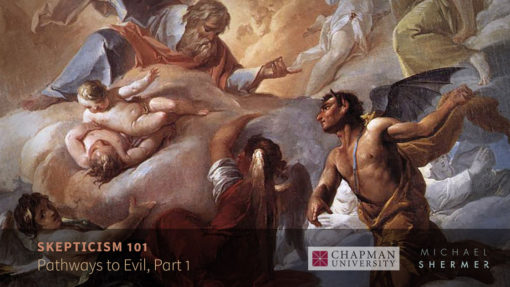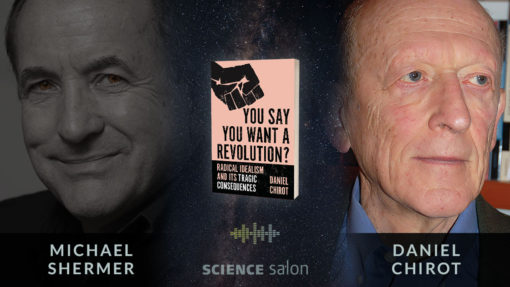genocide

Shermer and Kirsch discuss settler colonialism and its implications for current events, particularly in Israel. Kirsch explains the ideology behind labeling Israel a settler colonial state, tracing its roots to historical colonization. They explore anti-Semitism on college campuses, the complexities of the Israeli-Palestinian conflict, and settler colonialism’s critique of Western civilization. The conversation delves into the broader implications of this ideology, including how it complicates discussions of justice and historical accountability.

Shermer and Wilf discuss: Why Israel? Why the Jews? Anti-Semitism and anti-Zionism • Karim Khan • accusations of genocide, induced famine, and war crimes against Netanyahu • who will recognize a Palestinian state? • why, after 7 months of fighting, the IDF has been unable to defeat Hamas • AP story outlining 4 options for Gaza: full scale military occupation; lighter occupation; grand bargain; a deal with Hamas • Zionism, Judaism, and Israel • Palestine, Palestinians, and the Gaza strip…

Shermer and Heycke discuss: • melting pots • culture • multi-culturalism • identity politics • cancel culture • cultural appropriation • Critical Race Theory • Affirmative Action • why group preferences tend to last forever • human nature and factionalism • how official recognition and group preferences exacerbate group divisiveness • how group identification is fluid and contextual • the future of democracy • the rise of anti-Semitism in recent years.

In this lecture on Holocaust Denial, Dr. Shermer employs the methods of science to history, showing how we can determine truth about the past.
In this lecture on Holocaust Denial, Dr. Shermer employs the methods of science to history, showing how we can determine truth about the past.
In his lecture on Pathways to Evil (Part 2), Dr. Michael Shermer fleshes out the themes of Part 1 by exploring how the dials controlling our inner demons and better angels can be dialed up or down depending on circumstances and conditions. Are we all good apples but occasionally bad barrels turn good apples rotten, or do we all harbor the capacity to turn bad?

In his lecture on Pathways to Evil (Part 2), Dr. Michael Shermer fleshes out the themes of Part 1 by exploring how the dials controlling our inner demons and better angels can be dialed up or down depending on circumstances and conditions. Are we all good apples but occasionally bad barrels turn good apples rotten, or do we all harbor the capacity to turn bad?

In his Skepticism 101 lecture on Pathways to Evil (Part 1), Dr. Michael Shermer considers the nature of evil in his attempt to answer the question of how you can get normal civilized, educated, and intelligent people to commit murder and even genocide.
In his lecture on Pathways to Evil (Part 1), Dr. Michael Shermer considers the nature of evil in his attempt to answer the question of how you can get normal civilized, educated, and intelligent people to commit murder and even genocide. PLUS, this weekend only, Skeptic magazine back issues (in print or digital formats) are on sale for only 99 cents each!

Why have so many of the iconic revolutions of modern times ended in bloody tragedies? What lessons can be drawn from these failures today, in a world where political extremism is on the rise and rational reform based on moderation and compromise often seems impossible to achieve? Daniel Chirot examines a wide range of right- and left-wing revolutions around the world — from the late eighteenth century to today — to provide important new answers to these critical questions.
In Science Salon # 106 Michael Shermer speaks with Daniel Chirot about his book You Say You Want a Revolution? Radical Idealism and its Tragic Consequences. PLUS: An excerpt from Is A Good God Logically Possible? by James P. Sterba.

On the 75th anniversary of the liberation of the Auschwitz death camp, Michael Shermer and Alex Grobman present a brief history of how a concentration camp became an extermination center.
On the 75th anniversary of the liberation of the Auschwitz death camp, Michael Shermer and Alex Grobman present a brief history of how a concentration camp became an extermination center.
















